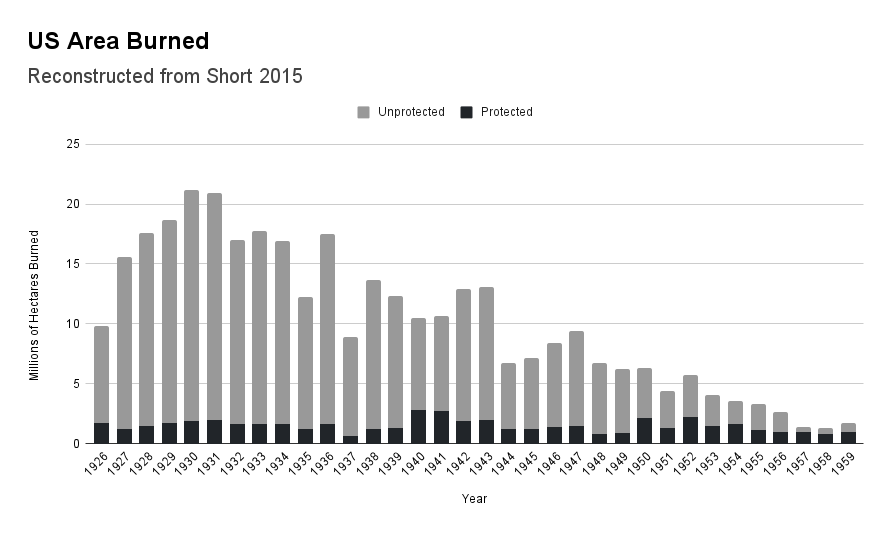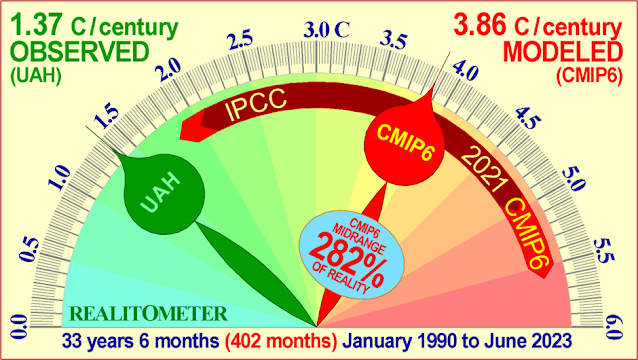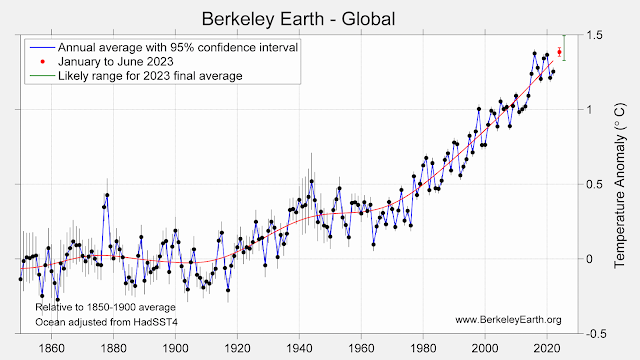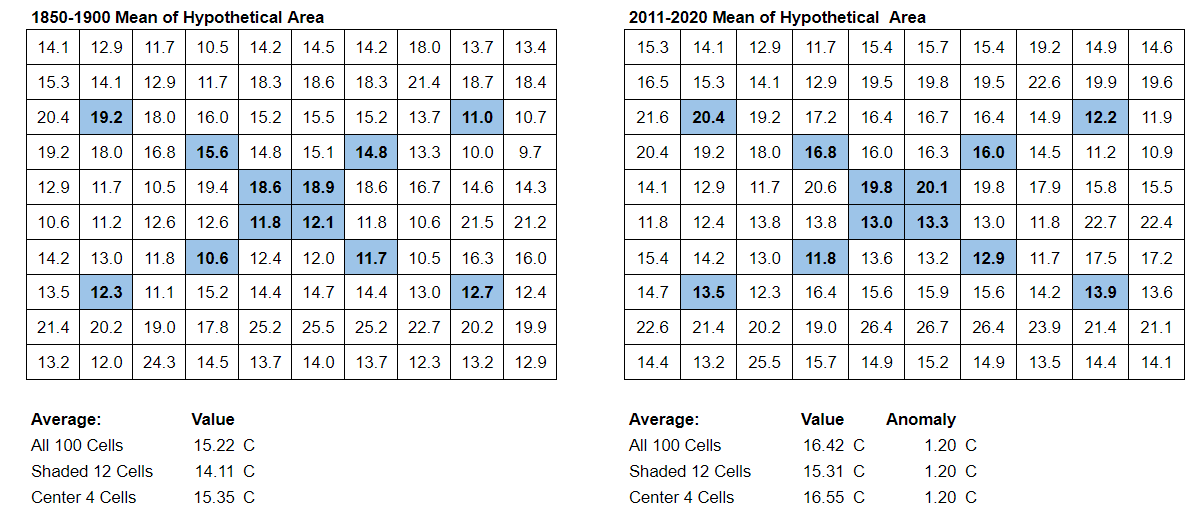Sniff Test for USFS Annual Report Fire Data (1926-1959)

The NIFC website contains a good deal of historical information about wildfires in the US. Up through 2018, one page contained historical wildfire data from 1960 to the current year. However, between 2018 and 2021, the NIFC added data from 1926 to 1959 coming from USFS annual reports. These data were not wildfire data comparable to data following 1983, and the NIFC included a warning not to compare the two sets of data. However, contrarians did so anyway and the data from 1926 to 1982 was eventually removed from the site, prompting conspiracy theories that the NIFC was hiding data. I detailed this in another post , and I'd highly recommend reading that post first to get a better sense of what I want to show here. In that post I researched what the USFS says about this data from 1926-1959 - what is known and what is unknown - from several reports written by Karen Short. Short made several points by delineating how much of the reported fire data was on unprotected vs protected l...






.png)